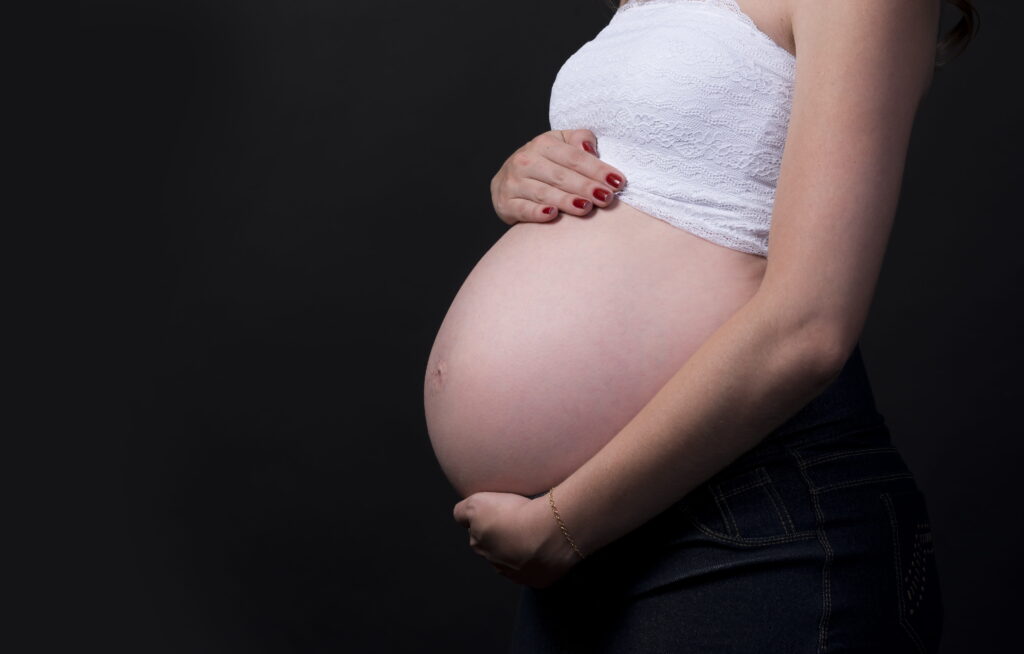HIV in pregnancy is the presence of HIV/AIDs infection in a woman while she is pregnant. This Virus can be passed from a mother to baby during pregnancy, childbirth and breastfeeding.
Most times, mother to child HIV transmission occurs during delivery when the baby comes into direct contact with the mother’s infected blood or fluid in the birth canal.
But this scenario can be avoided and an HIV positive mother would give birth to an HIV negative child. To achieve this proper care must be taken during pregnancy, at birth and Post-natal.
What to do during Pregnancy.
- Contact your local clinic if you have HIV and you become pregnant so that your treatment plan can be reviewed. This is because some anti-Hiv drugs can harm the unborn baby.
- Taking prescribed antiretroviral drugs during pregnancy to decrease viral load.
- Opting for a caesarean section before going into labour other than vaginal delivery.
Symptoms of HIV in a pregnant woman.
- Enlarged lymph nodes
- Fever, chills or sweating at night
- Mouth ulcers or sore throat
- Muscle aches
- Rash
- Fatigue
How can mother to child infection be prevented postnatal?
The risk of passing HIV from mother to child can be reduced by;
- Not breastfeeding the baby as the virus can be passed through breast milk.
- Prescribing antiretroviral drugs for up to 4 weeks for the newborn baby.
Share This on Social Media

